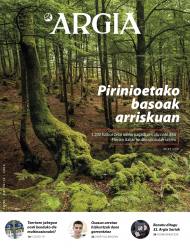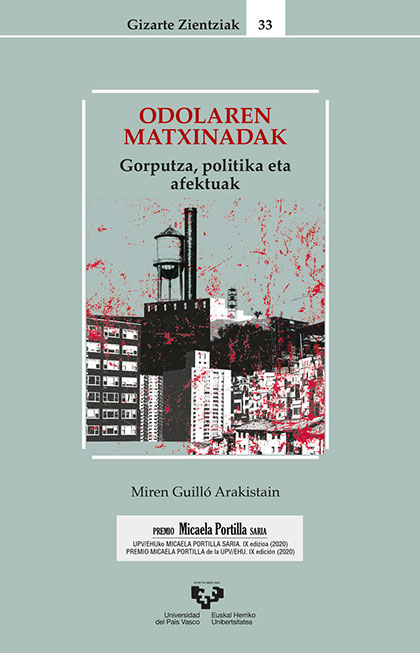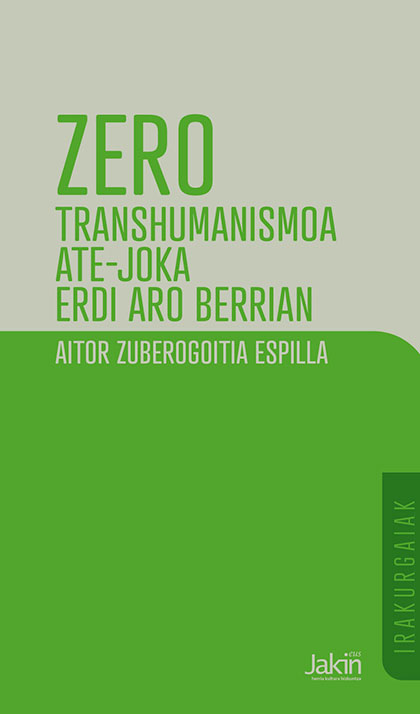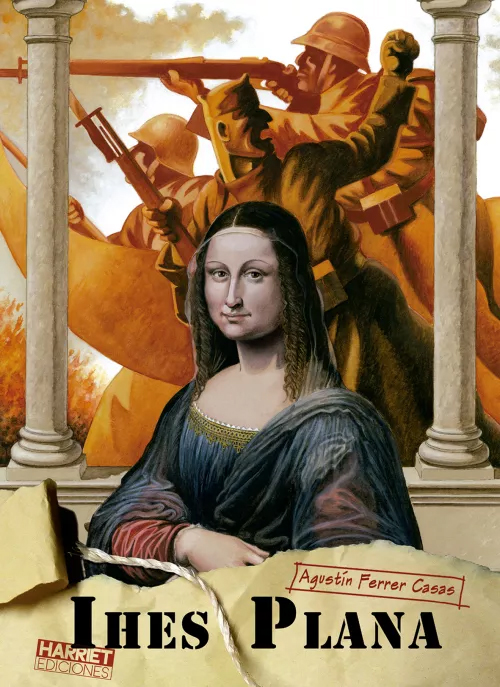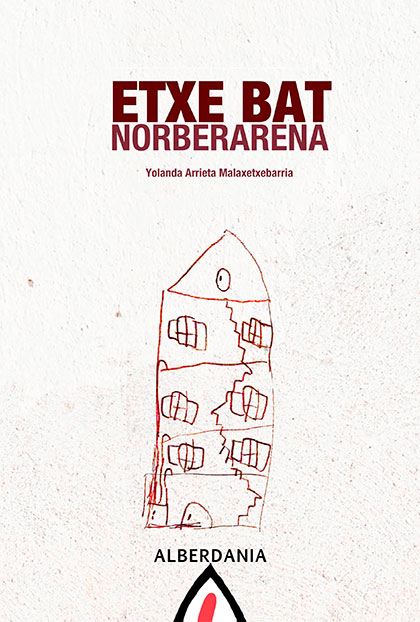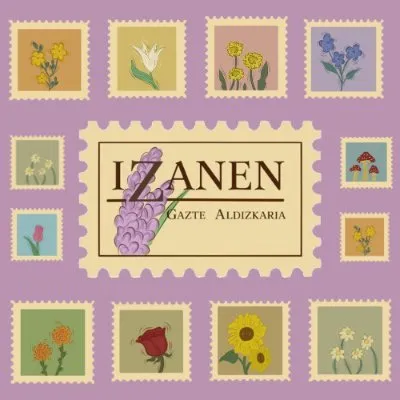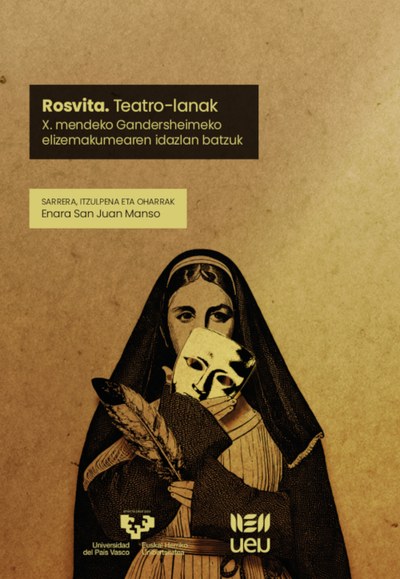Dear, where do you come from?
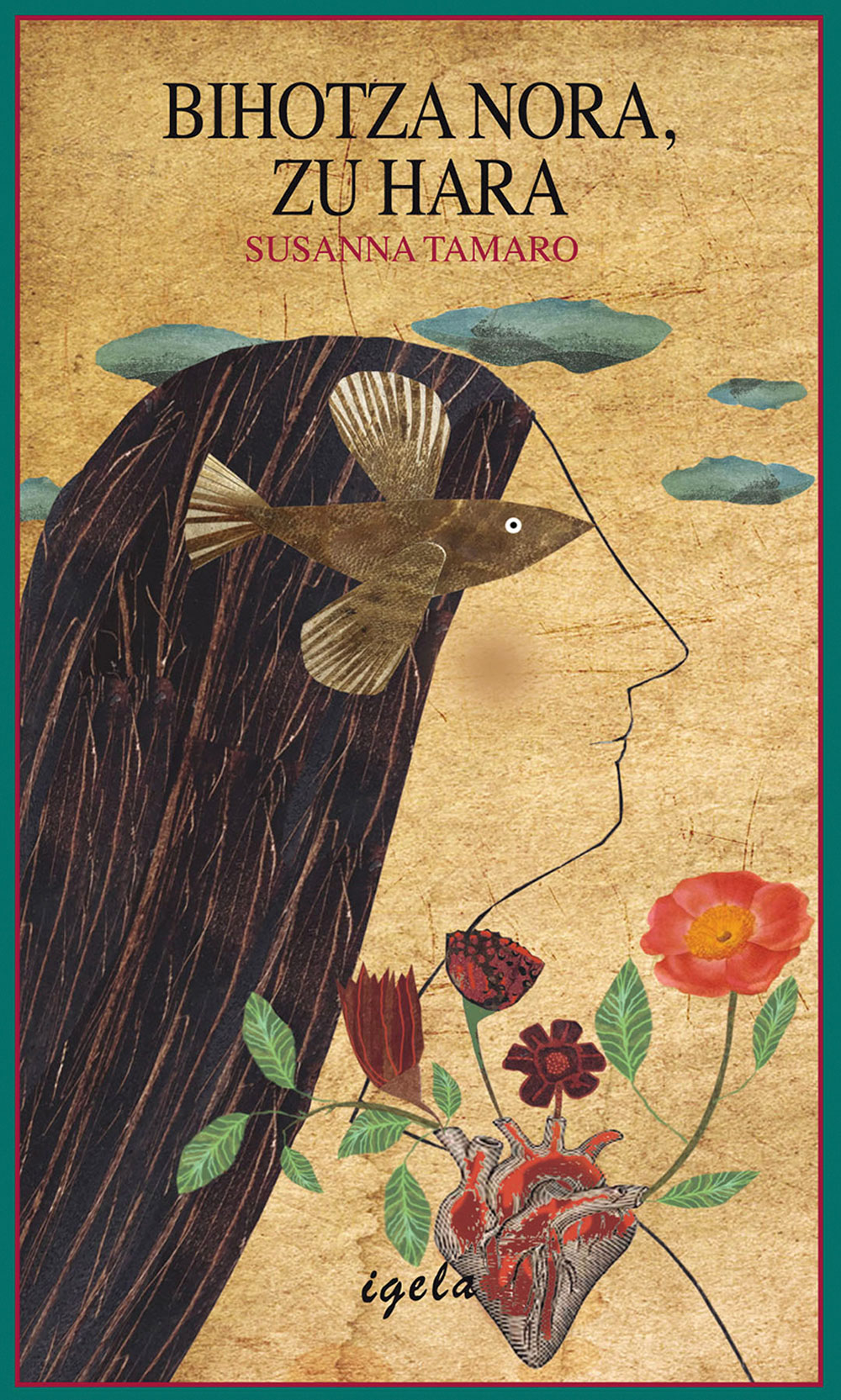
From the extensive work of the Italian writer Susanna Tamaro, Bihotza Nora, zu hara, is the only text that we can currently read in Basque. The whole book is a long letter that grandma writes to her nephew that's gone. It consists of fifteen letters written between 16 November and 22 December 1992. In a month and a half it does a review of many years. The greatest particularity of letters is that they are in one direction. I mean, everything we know we'll know from the mouth of Grandma Olga. So is the personality and the mood of the nephew.
Grandma is about to die and writes with the intention of softening and completing the chextra between the two. Most letters repeat the same structure: first it refers to time (rain, clouds, wind, sun, hail…). Then he starts pulling his memories. And it ends with a lot of rhetorical questions.
Most of it focuses on memories. In these memories, Grandma Olga is the one who marks the turning point. On the one hand, he will tell his nephew his ancestors and, therefore, his past. And on the other hand, he'll talk about his daughter and niece, a more recent past. It will also tell us the current situation from time to time.
It has a very special style. Considering that we have a protagonist who is dying, we will soon realize that Olga wants to give her niece many details, tell her many things, justify her positions, share her doubts, do family genealogy, reveal secrets and above all, express her affection. All this is achieved with a powerful internal monologue. And it's as weak as it is strong. The reader who finds this strength will be at ease in that depth. Anyone who wants an intense rhythm can hardly like it. The author uses the tempos of the interior world, leaving aside the external frenesis.
The book below (Ascolta la mia voce, 2007) was a great success in Italy. We're told the episode where the nephew comes home from the family. For my part, I would like to read in Basque (Fernando Rey has made a wonderful translation of the book Bihotza nora, zu hara): What would the title look like? Listen to my voice, for example?
Odolaren matxinadak. Gorputza, politika eta afektuak
Miren Guilló
EHU, 2024
Miren Guilló antropologoaren saiakera berria argitaratu du EHUk. Odolaren matxinada da izenburu... [+]
Astelehen honetan hasita, astebetez, Jon Miranderen obra izango dute aztergai: besteren artean, Mirande nor zen argitzeaz eta errepasatzeaz gain, bere figurarekin zer egin hausnartuko dute, polemikoak baitira bere hainbat adierazpen eta testu.
Zero. Transhumanismoa ate-joka erdi aro berrian
Aitor Zuberogoitia
Jakin, 2024
-----------------------------------------------------------
Hasieran saiakera filosofiko-soziologikoa espero nuen, baina ez da hori liburu honetan aurkitu dudan bakarra. Izan ere, biografia... [+]
Adolfo Bioy Casares (1914-1999) idazle argentinarrak 1940an idatzitako La invención de Morel (Morelen asmakizuna) eleberria mugarritzat jotzen da gaztelaniaz idatzitako literatura fantastikoaren esparruan. Nobela motza bezain sakona da, aparta bere bakantasunean, batez... [+]
Anton Txekhov, Raymond Carver eta Alice Munroren ipuingintzari buruzko mahai-ingurua egin dute Iker Sancho, Harkaitz Cano eta Isabel Etxeberria idazle eta itzultzaileek, Ignacio Aldecoa zenaren ipuin literarioaren jaialdian, Gasteizen. Beñat Sarasolak gidatuta, autore... [+]
Ihes plana
Agustín Ferrer Casas
Itzulpena: Miel A. Elustondo
Harriet, 2024
---------------------------------------------------------
1936ko azaroaren 16an Kondor legioko hegazkinek Madrilgo zenbait museori egin zieten eraso. Eta horixe bera da liburu honetara... [+]
Joan den urte hondarrean atera da L'affaire Ange Soleil, le dépeceur d'Aubervilliers (Ange Soleil afera, Aubervilliers-ko puskatzailea) eleberria, Christelle Lozère-k idatzia. Lozère da artearen historiako irakasle bakarra Antilletako... [+]
Martxoaren 17an hasi eta hila bukatu bitartean, Literatura Plazara jaialdia egingo da Oiartzunen. Hirugarren urtez antolatu du egitasmoa 1545 argitaletxeak, bigarrenez bi asteko formatuan. "Literaturak plaza hartzea nahi dugu, partekatzen dugun zaletasuna ageri-agerian... [+]
Etxe bat norberarena
Yolanda Arrieta
Alberdania, 2024
Gogotsu heldu diot irakurketari. Yolanda Arrietaren obra aski ezaguna zait eta iragan maiatzean argitaratu zuen proposamen honetan murgiltzeko tartea izan dut,... [+]
1984an ‘Bizitza Nola Badoan’ lehen poema liburua (Maiatz) argitaratu zuenetik hainbat poema-liburu, narrazio eta eleberri argitaratu ditu Itxaro Borda idazleak. 2024an argitaratu zuen azken lana, ‘Itzalen tektonika’ (SUSA), eta egunero zutabea idazten du... [+]
SCk Zerocalcareri egindako galdera sorta eta honen erantzunak, jarraian.
Euskal Herriko literatura gaztearen eta idazle hauen topagune bilakatu nahi den proiektu berriaren inguruan hitz egingo dugu gaur.
Rosvita. Teatro-lanak
Enara San Juan Manso
UEU / EHU, 2024
Enara San Juanek UEUrekin latinetik euskarara ekarri ditu X. mendeko moja alemana zen Rosvitaren teatro-lanak. Gandersheimeko abadian bizi zen idazlea zen... [+]









